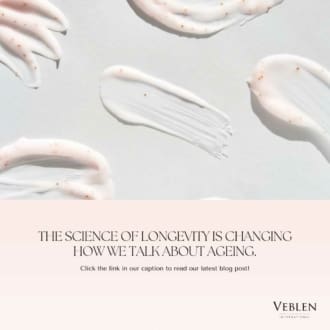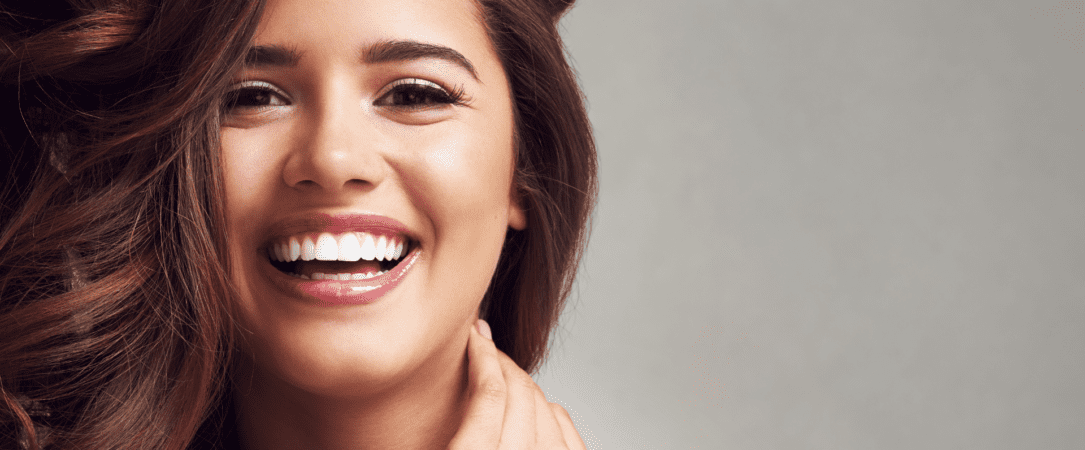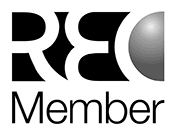The date is Wednesday 10th January 2018, and the BBC broadcasts a study in which it tests just how effective our beauty products are compared to the claims their respective company makes. Does paying more always equal an increase in benefits? Do our products really do much for us at all? Now, I don’t know about you, but I’m fairly certain most of us know that the products we buy probably won’t work the incredible miracles we love to fantasise about, but it’s nice that there’s a television show to reiterate the obvious.
The University of Sheffield is the arena and the contenders? Nivea, Clinique, and Embryolisse, all carefully selected to showcase the high street, mid and luxury markets. Over a three-week period we watch 25 volunteers with “healthy skin” split into 3 groups, each applying one of the unlabelled moisturisers to just half of their face. At the end of the three weeks, the experts test the skin of the volunteers just like they did at the beginning of the experiment, checking for hydration and noting how well it generally acts as a barrier.
What the results showed: The skin of the volunteers using the Nivea and Clinique moisturisers experienced a temporary increase in hydration, whilst there was no noticeable improvement for those using the Embryolisse product. The expert suggested that this may be because the Nivea and Clinique products contained glycerine, a humectant used in most skincare items. For those of us who don’t know what a humectant is (raise your hands, don’t feel ashamed – I’m right there with you), it’s a substance that absorbs or helps another substance retain moisture. Even though two out of three of the products showed a positive result, the overall conclusion of the study was that healthy skin wouldn’t actually see any long-term improvements from using a moisturiser.
So, what can we take away from this? You know, other than temporarily having all of our hopes dashed… Well, for starters, this experiment only lasted three weeks and included a very small pool of test subjects – not exactly a rigorous trial with a ton of weight behind it. Secondly, there was a real lack of diversity within the group of volunteers. Yes, there were some Asian participants, but most candidates were white – how does a study such as this benefit the millions of people of colour who buy skincare products? Most of the information provided wouldn’t even apply to their skin. Not to mention the total lack of attention paid towards other factors that could alter results, such as their daily diet or the weather.
The show itself could have been very educational, but disappointed many beauty fans by falling short of the mark and discrediting brands without any significant evidence to back up their claims. The tone throughout almost felt patronising, as if the everyday consumer wasn’t particularly clued up. We don’t all just reach for the shiniest packaging (although a pretty box is always appreciated). With the current rise in social media, it is now easier than ever for beauty enthusiasts to share their secrets – budget or extravagant – with anyone who will listen, so maybe we should stop looking to shows like these for inspiration. Find those in the community that cater to your needs and believe in the products you enjoy, because at the end of the day all you need is a little confidence – that’s the truth about looking good.
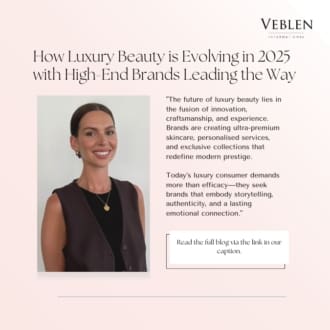
How Luxury Beauty is Evolving in 2025 with High-End Brands Leading the Way
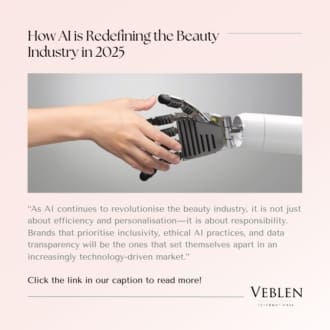
How AI is Redefining the Beauty Industry in 2025
